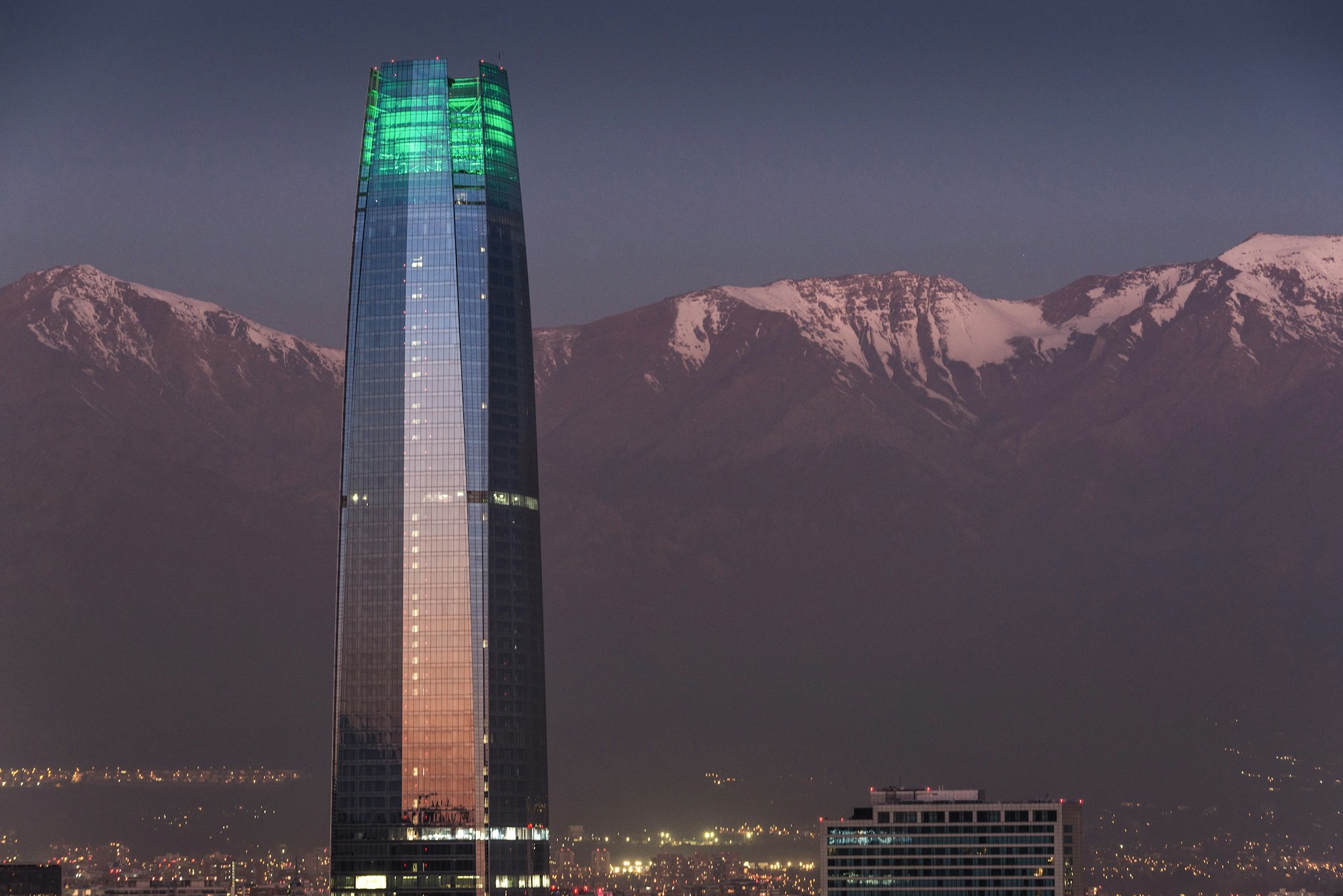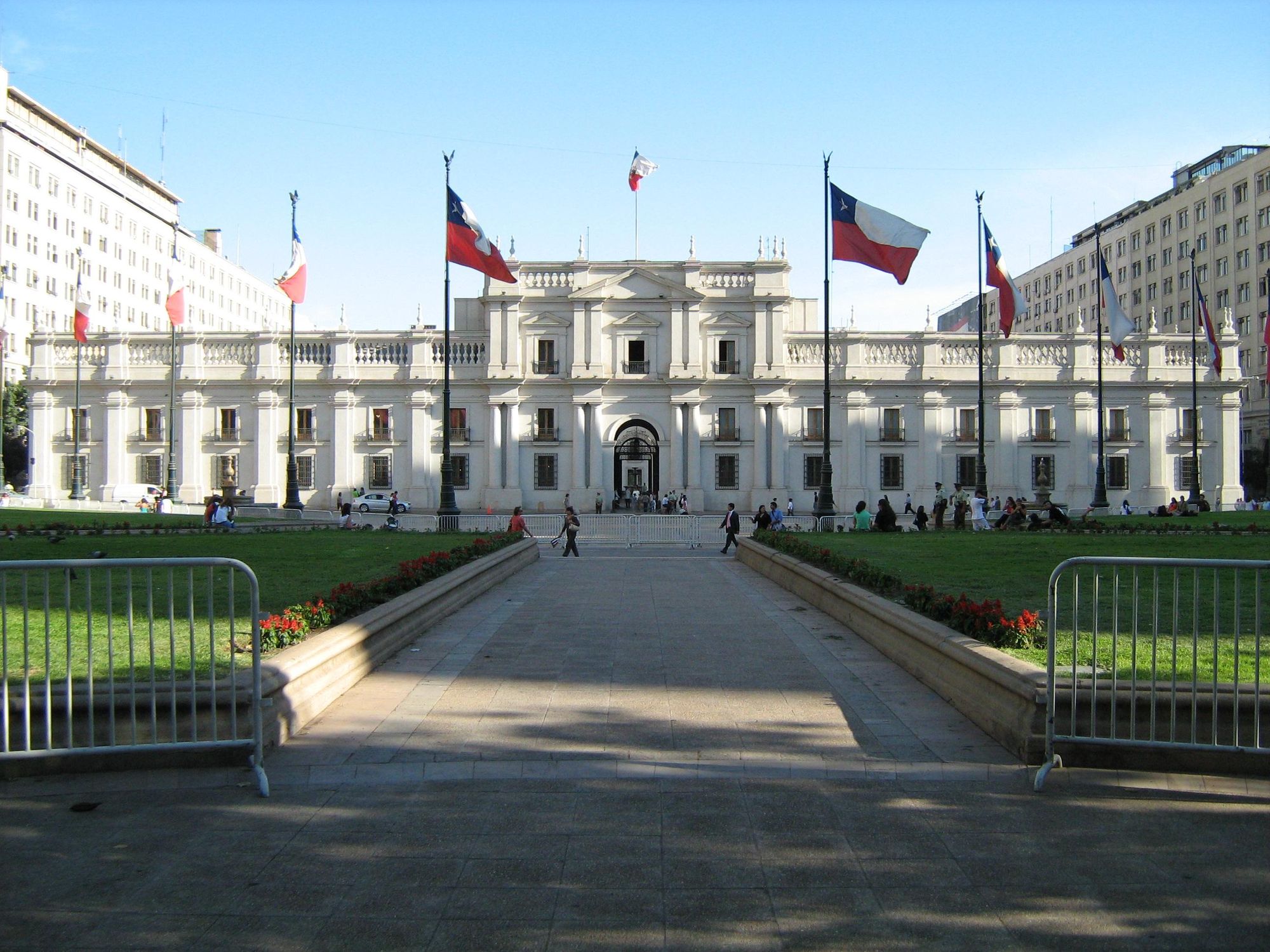View the Country Report for Chile in the Oxford Compendium of National Legal Responses to Covid-19
The pandemic found Chile experiencing its worst political and institutional crisis since the end of Pinochet’s dictatorship in 1990. On 18 October 2019, what started as a student protest in response to a small rise in public transport fees in Santiago, quickly mutated into massive riots and public protests over Chile’s economic policies and inequality. The Government issued a declaration of constitutional state of emergency, imposing curfew and deploying the military in the streets. After an uninterrupted month of violent protests, instances of disproportionate use of force by the police, and lack of leadership by both the Government and the opposition, major political parties from across the political spectrum agreed in November 2019 to initiate a constituent process to channel the crisis through institutional means. Whilst protests slowed down, riots and public demonstrations continued. Crucially, by March 2020, when the pandemic hit Chile, confidence in the executive, Congress, and political parties was at a historical low, and political fragmentation had led to political gridlock between Congress (with an opposition majority) and the President, and to significant cracks in the coalition supporting the Government.
Against this background, on 18 March 2020, the Chilean President declared a constitutional state of catastrophe due to Covid-19. This declaration was made two weeks after the first officially recorded case, and one week after the WHO declared Covid-19 a pandemic. Since then, Chile has been effectively under a constitutional state of exception for more than one year, as the three-month declarations have been renewed four consecutive times. This grants the Government enormous powers to restrict constitutional rights. Nevertheless, the Government response to the pandemic also relies, to a significant extent, on statutory provisions. There is some overlap between the emergency powers contained in the Constitution and those contained in statutory provisions, although arguably, the latter are broader, more flexible, and subject to thinner political controls. The Sanitary Code provides a wealth of discretionary powers to the executive in cases of public health emergencies. As a consequence, the gist of the emergency measures is contained in presidential decrees and ministerial resolutions providing restrictions on freedom of movement, on internal and international travel, and on freedom of assembly.
The governmental response to the spread of the virus has been highly centralised. It mainly consists of a policy of partial and dynamic lockdowns that are reviewed on a weekly basis. Initially, their legal form was quite fragmented and uneven, as Junior Ministers of Public Health were able to allocate these lockdowns to specific territories in ad hoc resolutions. In July 2020, this practice was given proper legal form by a resolution setting up a permanent five-tier scheme. Allocation of specific territories to the different phases continues to be made on a weekly basis based on the number of accumulated active cases and positive PCR tests. The activities that are allowed in each of the phases have also been modified quite frequently by the Government, affecting the stability of the regime.
There is no congressional oversight of the making of decrees and ministerial resolutions in the Chilean constitutional system. Yet the pandemic has created space for a more assertive use of congressional power. For instance, parliamentarians have been active in shaping legal and policy responses to the economic crisis caused by the pandemic. The opposition has claimed that governmental social assistance responses have been slow, erratic and insufficient. The pre-existing political tensions over social policy reform between the Government and the opposition - highlighted by the 2019 social unrest mentioned above - have further complicated the relationship between the executive and the legislature. At times, the executive has lost control of the legislative process, as private member bills on social and employment protection measures have gained precedence over governmental bills. Furthermore, the Government has suffered landslide legislative defeats. In some cases, the executive has struck back by threatening and deploying constitutional litigation.
In April 2021, a second pandemic wave swept through Chile, despite a successful vaccine roll-out since February 2021 that had put Chile only below Israel and the UK in terms of percentage of the population either fully vaccinated, or having received their first jab. Although during the pandemic the public health system has not been overwhelmed, since mid-March 2021 there has been an overflow at ICU units.
The convergence of the constitutional crisis and the public health crisis is perhaps the distinctive feature of the Chilean case. The ongoing constituent process has been delayed and partially disrupted by the pandemic. In April 2020, a constitutional referendum was postponed, and again in April 2021 the election of the members of the Constituent Assembly was rescheduled. These were the years in which the country was meant to be deliberating on a new constitution to replace the one that has governed Chile for the last 40 years, since the Pinochet times. Covid-19 has overshadowed this process, exacerbating tensions between political institutions, and demanding action to lower infection rates and address the socio-economic effects of the pandemic. On the other hand, the political crisis has also undermined the trust people hold over the Government’s capacity to adequately respond to the pandemic.

